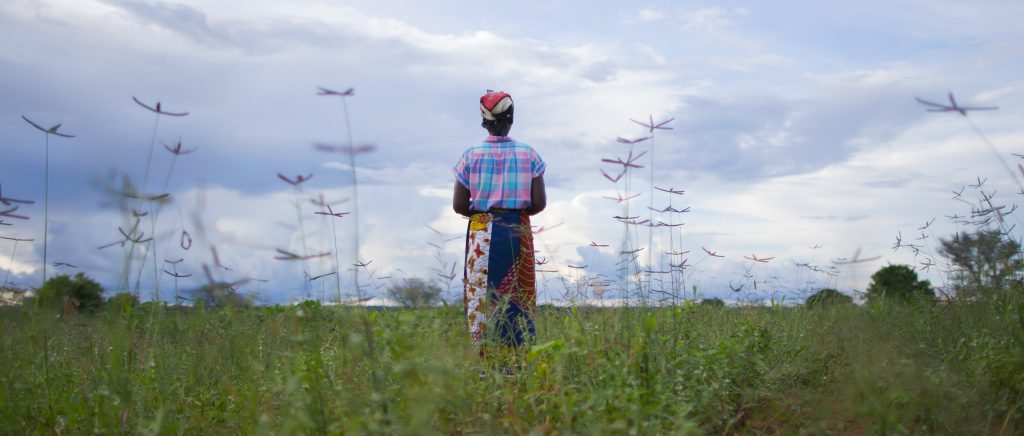Outsmarting the Deadliest Animal on Earth

By Jessica Leighton, Bloomberg Philanthropies Public Health team
In recognition of World Malaria Day, today we highlight Mike Bloomberg’s commitment to the Johns Hopkins Bloomberg School of Public Health Malaria Research Institute for its innovations in understanding, preventing and controlling malaria.
Malaria is a mosquito-borne disease caused by a parasite. In 2015, it claimed the lives of 439,000 people, mostly in Sub-Saharan Africa, with over two-thirds of those deaths in children under 5 years of age. The good news is that globally we have seen a dramatic 50 percent decrease in deaths between 1990 and 2015, due in large part to improved and wide-spread efforts to control mosquitoes and treat those affected. But with more than 400,000 people still dying from malaria and 225 million cases, there is still a huge burden and there is increasing concern that insecticide and drug resistance could block our global progress.
The Malaria Research Institute (MRI), founded in 2001 with a gift from Mike Bloomberg, has provided foundational research and field implementation activities that have laid the groundwork for understanding and controlling malaria. Led by Dr. Peter Agre, a Nobel Prize winner and Bloomberg Distinguished Professor, the Malaria Research Institute is a multidisciplinary team of over 115 researchers and staff working in state-of-the-art facilities in Baltimore and in Zambia. Dr. Agre emphasizes that the Malaria Research Institute “remains dedicated to the fight against malaria,” and that their work, “will not be complete until malaria is gone forever.” Dr. George Dimopoulos, a prominent researcher on the MRI team, emphasizes that “the fight against malaria can’t be won with one single approach.” Uniquely combining laboratory work, field efforts, and training activities, these highly esteemed MRI researchers have:
- Built state-of-the-art laboratories in Baltimore and the first net-enclosed mosquito facility in Southern Africa in Macha, Zambia to observe how mosquitos behave in a natural setting;
- Developed a genetically modified mosquito, built on the mosquito’s own immune system, that will not transmit the malaria parasite;
- Identified bacteria that could be used as a naturally occurring insecticide to overcome insecticide resistance;
- Developed new tests to rapidly diagnose malaria in the field and tests to find malaria carriers that are not ill;
- Dramatically reduced deaths from malaria in children age 5 and younger by more than 95 percent between 2000 and 2015 in Macha, Zambia through a program of monitoring, prevention, and treatment and;
- Continued to develop novel vaccines that focus on the early stages of malaria. MRI is targeting the first encounter between an infected mosquito and a human because malaria parasites are most vulnerable to the vaccine immediately after inoculation. Targeting this initial encounter will prevent the malaria parasite from entering and multiplying in the blood.
To capture all the innovative and impactful research currently underway, Bloomberg Philanthropies sent a film crew to Baltimore and Macha, Zambia. The video features Dr. Agre and his team as they explain the work they are doing to eliminate malaria and gives us a glimpse of the impact their research is having in Zambia.